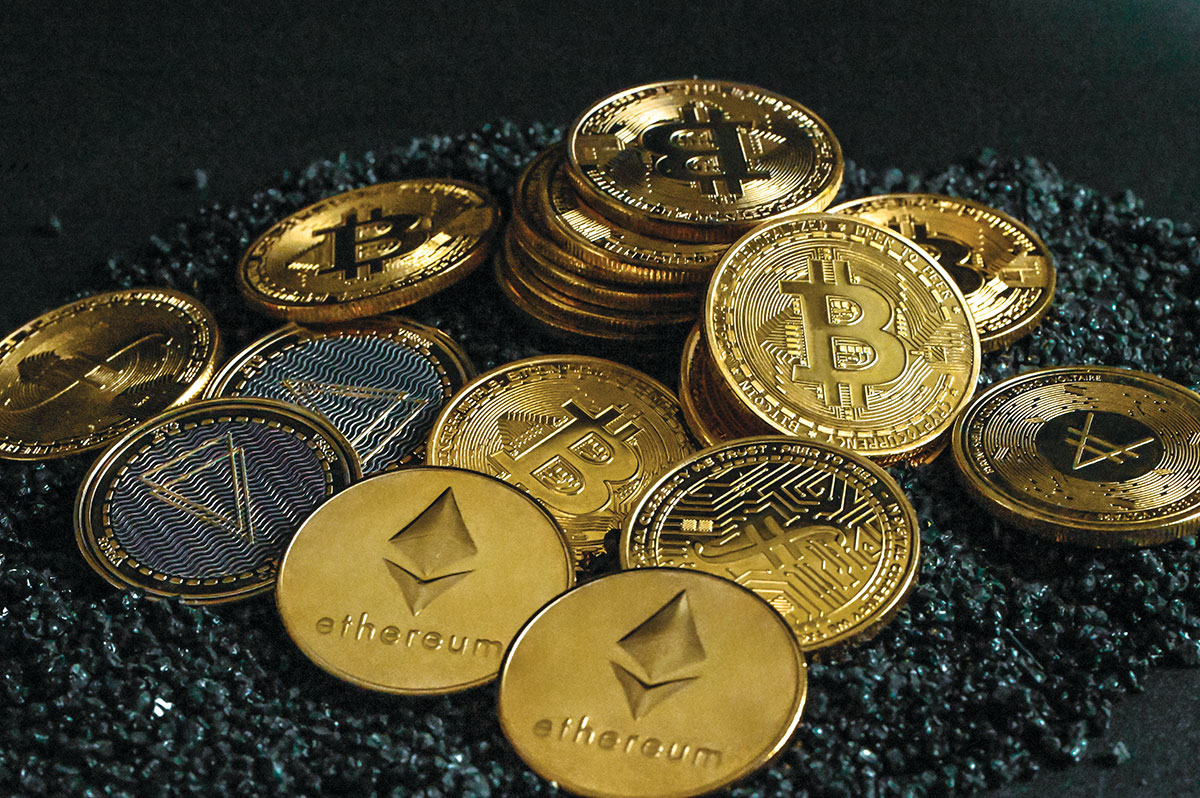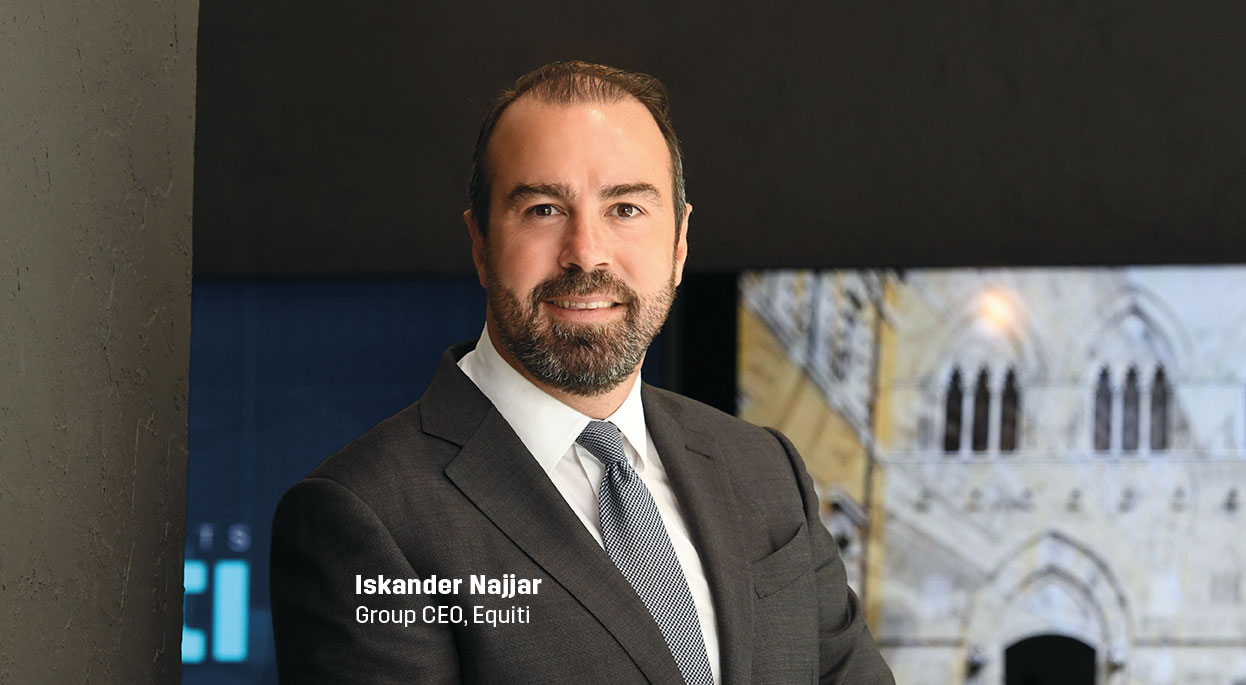How Dubai Is Attempting to Become the World’s Ground Zero for Blockchain, Metaverse & Virtual Assets
25 October 2022•
In August, Dubai Chamber of Digital Economy, one of three chambers operating under the umbrella of Dubai Chambers, announced the formation of the Dubai Digital Assets Business Group (D2A2), which aims to strengthen the digital asset industry’s role in the economic development of the UAE and the wider Middle East region, enhance digital business infrastructure, and support the growth of digital companies in Dubai.
Digital assets are anything digital that has value and has established ownership. Digital assets then include everything from data, videos, images and photos, written content, and extends to include cryptocurrencies, non-fungible tokens (NFTs), and virtual real estate in the metaverse. D2A2 is expected to focus on everything related to digital assets, from business avenues, legislation, and licensing. In the month after officially announcing its establishment in August 2022, there have been hundreds of potential participants inquiring for membership and wanting to contribute to the development of the digital asset ecosystem in Dubai.
For the Dubai Digital Assets Business Group, there are multiple stakeholders involved, covering key stakeholders in the industry, from the start-ups and companies driving the industry, as well as key supporters and enablers such as the Dubai Chamber of Digital Economy and the UAE’s Virtual Assets Regulatory Authority (VARA). Equiti, a pioneering fintech firm and provider of online trading technology and multi-asset financial products, is also a founding member and member of D2A2’s Board of Directors.

We spoke to Iskandar Najjar, Group CEO of Equiti about the role and importance of D2A2 going forward. “We’re very excited to be one of the founding fathers and to serve on the Board of Directors for D2A2. The D2A2 group was created to be a communications platform that promotes dialogue between members, companies, and regulators – both within and beyond the digital asset industry. What makes it so important as an industry association is that we are involved in the very early stages of drafting legislation, developing infrastructure, and laying the foundation of digital assets industry from the UAE to the world beyond.”
Some estimates put the global digital asset management market size at a value of US$3.5 billion in 2021, and is estimated to reach $8.2 billion by 2030, registering a 18% CAGR. Key drivers for this growth can be attributed to the dramatic acceleration in cloud storage adoption, growth of IoT devices, and consumer desires moving to digitally-enabled interactions and transactions. In the past, digital assets such as data or scanned documents were owned and used by organizations to realize value. However, when new technologies emerged such as blockchain and cryptocurrencies in 2009, digital assets needed to be redefined; this is because in Web 3.0 technologies like tokenization and blockchain, anything in digital form could be tokenized on a blockchain to create value.
This emerging vision of Web3 tends to be a more democratic version than what currently exists in our world. It’s centered around the idea of ownership, decentralizing and removing control from the big data companies and other central authorities and handing it to the masses. Blockchain technology, cryptocurrency and NFTs are all built on this premise of being a decentralized tool. Decentralization means internet users can transact peer-to-peer for anything, cutting out intermediaries and middle-men, but also removing power from controlling entities. New technologies such as this can have massive repercussions to an economy, and this is why more and more crypto and Web3 juggernauts are looking to work with governments to co-regulate this new industry. The digital asset legislation is in its infancy around the world, and is still being formed globally by many regulators, including the Virtual Asset Regulatory Authority (VARA) in the UAE.
With regards to D2A2’s role in supporting this, Najjar replied, “D2A2 was designed simply to share the voices of the private sector. We simply believe that everyone’s voice should be heard to ensure the credibility around it. We’ve all seen development and bust cycles for crypto projects, we’ve seen the periods of volatility and the current “crypto winter”. This industry needs to be managed and overseen by stable regulation so that growth can be sustained on a long-term basis. Digital assets are not just cryptocurrencies, but a technology behind a whole plethora of project and services created to transform Traditional Financial Services (TradFi). Digital Assets need to be promoted in the right way to ensure that any efficiencies and gains from technological developments can be managed properly. This is where D2A2 comes in. It’s here to help articulate any needs between the private sector, entrepreneurs, and regulators.”
Najjar went on to say, “It is fantastic to already have garnered the support of the Dubai Digital Chamber and to know that VARA is open to collaborating with and supporting D2A2.
This openness and ability of the UAE’s regulators to work so closely with the industry can only support the leading role of the UAE’s digital economy sector across the globe.
When asked if supporting digital asset management would support the wider digital economy, Najjer responds, “without a doubt. Transforming traditional financial services into digital assets in every form can only bolster economic growth. The foundations that are being built around it are really shaping up to be the best oversight mechanism. The biggest challenges for absorbing digital assets today are investor protection, promoters’ credibility, and regulatory oversight – so merging these elements without hindering innovation will be key for strategic success. In that light, building the foundations of a credible jurisdiction for digital assets will have an extremely direct correlation for the growth of the digital economy as well.”
“It doesn’t surprise me that Dubai has highlighted digital asset management as a key performance indicator for the city. It’s the new internet, Web3. And there is a critical first-mover advantage. Dubai and the UAE are seizing the opportunity to be a leader on the global stage because they know it will have a global impact – not just a regional one. Being at the cusp of that is essential; the wave won’t wait. The UAE’s leadership is incredibly wise to have identified this opportunity, to recognize the need to house it within credible jurisdiction and to have proven that they hold the right temperament to foster a balanced and innovative ecosystem for businesses to grow.”
Twenty years ago, when Najjar first moved to Dubai, the population of the United Arab Emirates was just over 3 million inhabitants. Today, it is nearly 10 million. He expressed the evolution the city and the country over that time, from the ease of navigation, the ease of doing business, and the gradual sophistication of services and offerings. This has all led to continued growth and success in the Emirate of Dubai. Just recently, the DIFC published figures stating that we had 20% growth in the number of registered companies within this jurisdiction, indicating a wave of asset management companies and hedge funds relocating to Dubai, from both Europe and Asia. Najjar said, “We see a lot of promise on the horizon.”

Key objectives of the new business group include promoting the digital asset industry in Dubai, boost transparency through market intelligence and data, support the interest and growth of digital asset companies and foster cross-border cooperation. The next few months seem busy for the D2A2 group, as they work at setting-up the infrastructure for the group, instate quarterly meetings with the membership base to hear their voices, and ensure D2A2 are delivering the right message to all our stakeholders. D2A2 will be participating in a series of events over the next few months, including the Future Blockchain Summit in October.
“The key to D2A2 will be to be as agile and adaptive as possible. What can I say, this place is moving so fast; and a lot of that has to do with how attractive Dubai has become for entrepreneurs from around the world. Dubai is THE destination for entrepreneurs, and its no surprise to me that this new wave of Web3 entrepreneurs have chosen this city as their regulatory sandbox, innovation lab and launch pad. Month to month, there is always an evolution; either technologically, regulatorily, or legislatively. All the updated news, events and announcements will be published through our website and social media channels, so be sure to keep an eye on that and watch that space!”

%2Fuploads%2Fdubai-digitized-economy%2Fdubai-digitized-economy-1.jpg&w=3840&q=75)